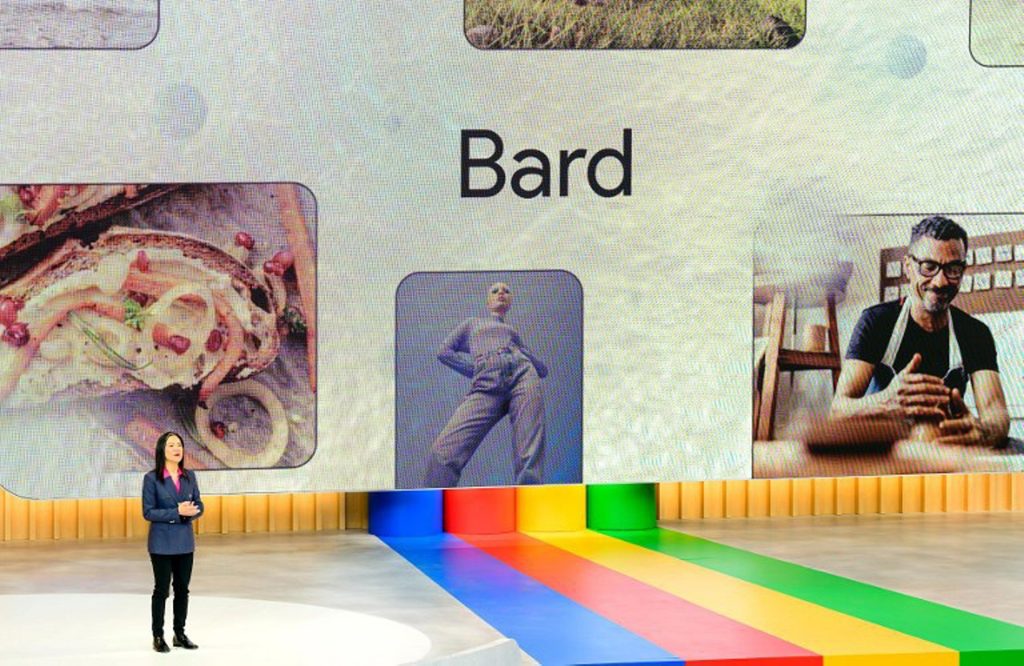Google announced the launch of its artificial intelligence chatbot tool – "Bard" – in around 50 new European countries, including Belgium, on Thursday.
"Bard is now available in most countries around the world and in the most spoken languages," said the US giant in a blog post.
This is Bard's biggest expansion since Google introduced the tool in February as a response to ChatGPT, OpenAI’s flagship software which is funded mainly by Microsoft. "We’ve been proactively collaborating with experts, policymakers and regulators to drive this expansion," Google said.
The launch of Bard in the EU was delayed as a precaution in the face of possible AI regulation. Artificial intelligence algorithms raise numerous concerns about privacy, misinformation and respect for intellectual property.
Amar Subramanya, the engineering vice-president of Bard assured that users could opt out of their data being collected, Reuters reported.
Asking for trouble?
In the US, however, Google has just been hit with a class-action lawsuit for using private information and copyrighted material to train its artificial intelligence tools.
In Brazil, Alphabet, Google’s parent company, launched a communication campaign in the spring against a draft regulation of content on the internet. The bill would force internet companies to find and report illegal content and fake news.
Previously the Bard tool was only available in three languages: English, Japanese and Korean. Now, Bard will be able to communicate in around 40 languages including Arabic, German, Chinese, Spanish, French, Dutch, and Hindi, according to Google.
Related News
- Artificial intelligence: Good for speeches in the EU but not for legal conclusions
- World first: European Parliament votes for ban on AI facial recognition
- Google using AI to predict flood risks in Belgium
It will also be able to enunciate its responses orally, adapt the style of its answers to a professional or informal tone, or extract information from an image. Another feature is the ability to continue earlier conversations with the artificial intelligence tool. Users can also do this using ChatGPT.
Conversational bots, presented as an alternative to a traditional online search, have been a runaway success since the release of ChatGPT in November 2022. ChatGPT is integrated into the Bing search engine and other tools from US giant Microsoft, which is funding the Californian start-up.

